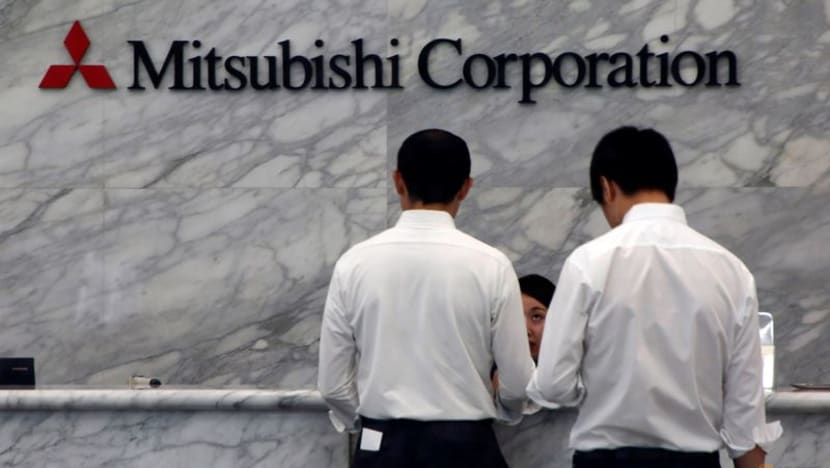Business
Mitsubishi Strengthens Salmon Farming with Acquisitions in Norway and Canada

Japanese trading house Mitsubishi announced on Thursday its plans to expand salmon farming through acquisitions in Norway and Canada. This move highlights the ongoing trend among Japanese companies to diversify into the food sector, particularly focusing on protein sources. As volatile fossil fuel markets create uncertainty, firms like Mitsubishi are seeking stable revenue streams by investing in food production, where demand is anticipated to rise due to global population growth.
The company did not disclose the financial details of the acquisition but confirmed that it has secured three businesses from Grieg Seafood ASA via its subsidiary, Cermaq Group. This acquisition will enhance Cermaq’s salmon production capacity to approximately 280,000 tons by the 2027 fiscal year, a significant increase from the current annual output of around 200,000 tons.
Strategic Growth in the Seafood Market
Salmon is a staple in Japanese cuisine, particularly in sushi, yet most of the salmon consumed in Japan is imported from countries such as Norway and Chile. Recognizing the importance of local sourcing, Japan aims to increase the share of domestically sourced seafood in its diet to 94 percent by 2033, up from the current 54 percent. This strategic focus reflects a growing emphasis on food security and sustainable sourcing amid changing consumer preferences.
Mitsubishi’s expansion comes at a time when other Japanese firms are also investing in the seafood sector. For instance, in October, Marubeni began selling salmon from a farm near Mount Fuji, operated in partnership with its Norwegian counterpart. This indicates a collective effort among Japanese trading houses to strengthen their positions in the food supply chain, particularly in the lucrative protein market.
The moves by Mitsubishi and its competitors demonstrate a commitment to addressing the challenges of food resource insecurity. As global demand for protein continues to rise, Japanese companies are positioning themselves to meet both domestic and international needs, ensuring a stable and sustainable future for the seafood industry.
-

 World5 months ago
World5 months agoSouth Korea’s Foreign Minister Cho Hyun to Visit China This Week
-

 Business5 months ago
Business5 months agoStarling Bank Plans Secondary Share Sale, Targeting $5.4 Billion Valuation
-

 Top Stories5 months ago
Top Stories5 months agoMunsang College Celebrates 100 Years with Grand Ceremony
-

 World5 months ago
World5 months agoPAS Aims to Expand Parliamentary Influence in Upcoming Election
-

 Business7 months ago
Business7 months agoKenvue Dismisses CEO Thibaut Mongon as Strategic Review Advances
-

 Lifestyle6 months ago
Lifestyle6 months agoHumanism Camp Engages 250 Youths in Summer Fest 2025
-

 Sports6 months ago
Sports6 months agoDe Minaur Triumphs at Washington Open After Thrilling Comeback
-

 Sports7 months ago
Sports7 months agoTupou and Daugunu Join First Nations Squad for Lions Clash
-

 Top Stories7 months ago
Top Stories7 months agoColombian Senator Miguel Uribe Shows Signs of Recovery After Attack
-

 World7 months ago
World7 months agoASEAN Gears Up for Historic Joint Meeting of Foreign and Economic Ministers
-

 Health6 months ago
Health6 months agoNew Study Challenges Assumptions About Aging and Inflammation
-

 Business7 months ago
Business7 months agoOil Prices Surge Following New EU Sanctions on Russia









